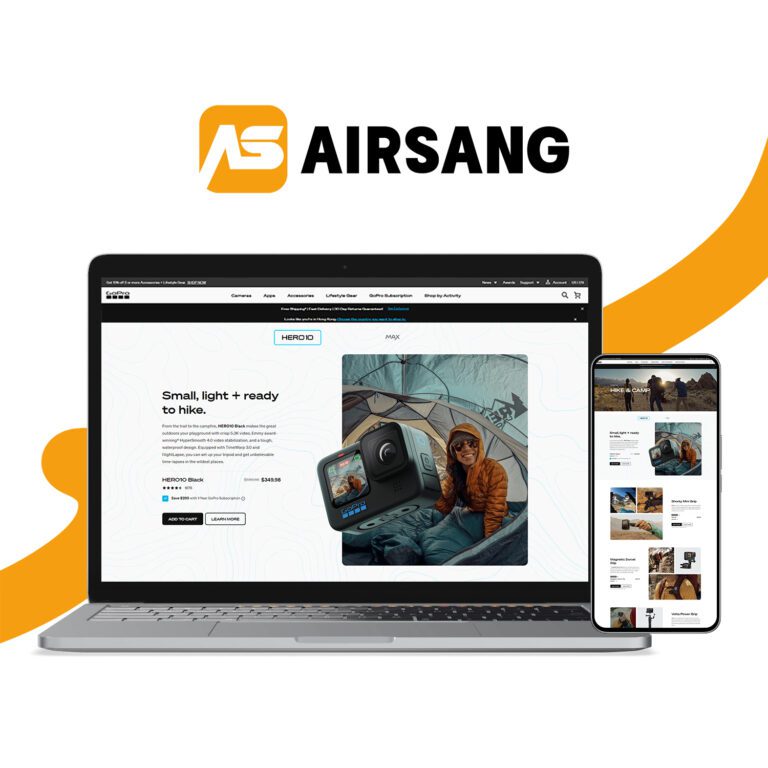What do you know about website domain name analysis?
Many know domain extensions like .com, .net, and .edu—but what about .org? At Airsang Design, we help clients choose the right domain to reflect their brand. The .org extension, often used by nonprofits, signals trust and purpose. Each domain—.com for commercial, .edu for education, .gov for government, and .org—communicates a website’s identity and mission.

The .org domain, created in 1985 for nonprofit organizations, now serves various education, advocacy, and social groups aiming to impact society.
Websites ending in .org usually represent non-profit organizations, educational or research institutions, community groups or social causes.It often indicates a mission-driven purpose rather than profit, offering a sense of credibility and transparency. Many charities, grassroots groups, and social change initiatives widely use it.
For-profit businesses may use .org domains, but this choice often creates confusion and risks damaging brand reputation, since most users associate .org with nonprofits.While there is no regulation prohibiting it, for-profit businesses generally prefer to use .com domains to avoid trust issues. If a business has a strong community or charitable cause, using .org can demonstrate social commitment, but the messaging must be clear to avoid misunderstandings.
Verify the legitimacy of a .org website:
- Check the mission and values: A legitimate .org website will clearly state its mission and goals. Look for the “About Us” section.
- Look for contact information: Providing clear contact information is a sign of a legitimate organization. Be cautious if there is a lack of transparency.
- Research the financials:Legitimate organizations often share annual reports to show transparent use of donations.
- Accreditation:Verify accreditation through reputable organizations like BBB or GuideStar.

Alternatives to .org
In addition to .org, nonprofits can use other domain extensions, such as .ngo and .ong (designed for non-governmental organizations), and .foundation (for foundations). These alternatives can help organizations strengthen their identity and differentiate themselves from other websites.
Why choose a .org domain?
There are several advantages to choosing a .org domain:
- Build trust and credibility: .org domains often represent nonprofit or public benefit organizations, helping build trust more effectively.
- Stand out: .org makes it clear that your website represents a social cause, not a commercial entity.
- Increase search engine visibility: Content related to social impact, education, etc. is more likely to stand out in search engines.
- Global recognition: .org serves as a globally recognized nonprofit standard, ideal for expanding internationally.
- Partially free or discounted: Qualified nonprofits can enjoy free .org domains or discounts.

Conclusion
.org domains are often associated with nonprofits, educational institutions, and social causes, conveying values of trust and transparency. Although they can be used by businesses, they are more suitable for entities focused on public welfare and advocacy. If you work on a public welfare project, choosing a .org domain can help build trust and credibility. Make sure the domain you choose aligns with your mission and verify the legitimacy of your website.
If you are interested in these contents or want to know how to optimize your independent website, please feel free to contact airsang design!
















